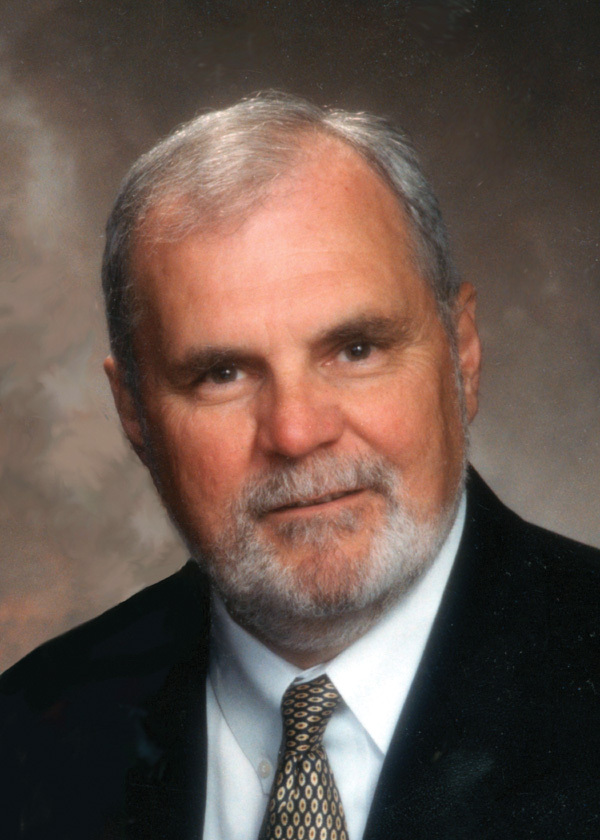Global Warming: We'd Better Get A Move On!

February 14, 2013
BY Mike Bryan
As we have seen, drought has a very negative impact on the public image of biofuels. This negative public image is based on the perceived impact of biofuels use of crops as a feedstock. It is replete with fear mongering by those opposed to biofuels, or those who have simply read something somewhere that biofuels negatively impact food prices and world hunger.
Ironically, the effort to reduce global warming through the reduction of CO2 is one of the clear advantages of biofuels. Ethanol has been demonstrated through multiple studies to reduce the emissions of CO2 by at least 20 percent compared to gasoline. The dichotomy is that while ethanol is one of the first things targeted when the effects of global warming in the form of increased heat and drought are present, it remains an important component in helping reduce global warming.
Advertisement
I’m no climatologist, but I firmly believe that those who deny that we are going through a period of significant global warming have their heads in the sand. The earth is getting warmer, there is no longer any doubt about that. You can possibly question how much of the global warming is cyclical and how much has been caused by humans, but it’s pretty difficult to question the fact that it is occurring. Interestingly, 97 percent of climatologists agree that human activity is having a predominant impact on the rate of global warming, not just by polluting, but by reducing the number of carbon sinks in the world.
So what can we do? First, we can cease stomping on one of the things that has been demonstrated time and time again to have a positive effect in reducing global warming—ethanol. Second, we can support efforts to increase the use of other clean fuels, such as wind, solar, geothermal and natural gas. Third, we can encourage government to reduce carbon emissions through a carbon tax or carbon offsets of some sort. Setting all politics aside, it is an important step that must be taken to demonstrate to the world that we are serious about a healthier planet.
Advertisement
Finally, I suppose the alternative is to do nothing and wait and see if the naysayers are right and this whole thing is just cyclical and anything we do to combat global warming will be a moot point. While the short-term economics of that strategy may be appealing to some, the long-term consequences may be irreversibly devastating.
For me, I like my money on the science, and the science says we had better get a move on!
That’s the way I see it.
Related Stories
President Trump on July 4 signed the “One Big Beautiful Bill Act.” The legislation extends and updates the 45Z credit and revives a tax credit benefiting small biodiesel producers but repeals several other bioenergy-related tax incentives.
CARB on June 27 announced amendments to the state’s LCFS regulations will take effect beginning on July 1. The amended regulations were approved by the agency in November 2024, but implementation was delayed due to regulatory clarity issues.
SAF Magazine and the Commercial Aviation Alternative Fuels Initiative announced the preliminary agenda for the North American SAF Conference and Expo, being held Sept. 22-24 at the Minneapolis Convention Center in Minneapolis, Minnesota.
Saipem has been awarded an EPC contract by Enilive for the expansion of the company’s biorefinery in Porto Marghera, near Venice. The project will boost total nameplate capacity and enable the production of SAF.
Global digital shipbuilder Incat Crowther announced on June 11 the company has been commissioned by Los Angeles operator Catalina Express to design a new low-emission, renewable diesel-powered passenger ferry.
Upcoming Events










